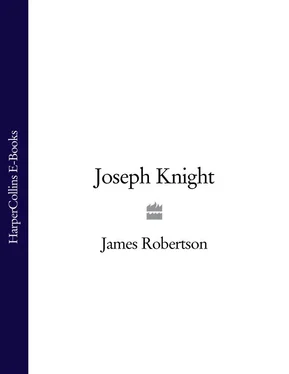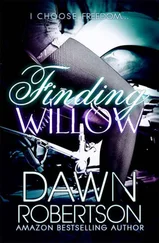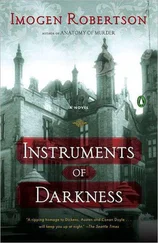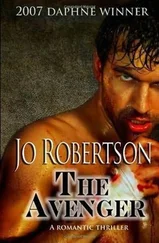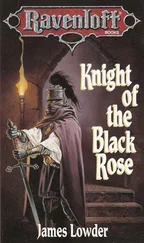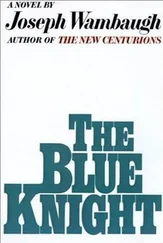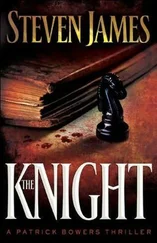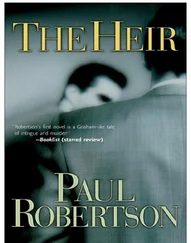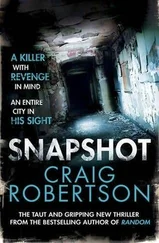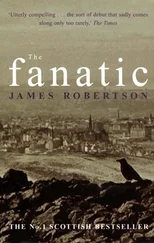‘It’s true. But all those black bodies crushed together. It unnerved me.’
‘Well, treating them’s only common sense, surely, and luck, and having a strong belly. After what you’ve been through it’ll be bairn’s play; and if you can manage it, I can. And we’ll use our fees to buy slaves. We’ll do it right, though, not like that madness this forenoon. We’ll go direct to the slave ships, and buy us some Coromantees.’
‘But we’ve no qualifications,’ John protested. ‘The island is awash with surgeons, real surgeons.’
‘Ah, but we’re Scotch, which Mr Underwood seems to consider as fine a qualification as any. And how many of these real surgeons you speak of have ever been challenged to produce their degrees? We studied in Glasgow, or Aberdeen, or Edinburgh, it doesn’t matter which, none of the medical men here are young enough to say it’s odd how they never met us in the dissecting room – except Davie, and he’ll not betray us. And if we’re lacking our papers it’s because of our political indiscretions , which obliged us to leave a wee bit hurriedly. Nobody will care, if only we’re competent. There’s to be an amnesty soon anyway, they’re saying, for folk like you that were out. So we must practise, and get competence, and Davie’s the man that will help us to get it. And in any event it’ll only be practising on slaves, so we can afford a few minor mistakes. A few major ones, even.’
‘We’d need land, too,’ said John. ‘No point in having slaves if we’ve nowhere to work them.’
‘There’s land a-plenty here. But we’ll keep an eye out for what’s already been reclaimed and planted. Buy a share in a small plantation, buy the whole of it, and build it up.’
‘Maybe to leeward,’ John said, ‘in the west, where Underwood and George Kinloch are. Westmoreland’s the youngest parish, it’s not so congested as this end.’
‘Aye,’ James said, ‘we’ll get over to leeward in a while. But first we’ll be doctors. What do you say?’
John Wedderburn thought of touching black flesh, cutting into it, gangrenous rot, infestations, flux, fever. He remembered the limb-scattered field of Culloden. Surely he could steel himself. Surely he could.
He smiled at his brother. ‘You’re a scoundrel, James. I say we shall be doctors.’
A dozen miles north and west of Savanna-la-Mar, the main town and port of Westmoreland, the westernmost parish of Jamaica, the soil-rich plain of the Cabarita river gave way to the lower slopes of the mountains. Here, a rough road curled up into the hills, and the landscape took on a wilder aspect than that of the sugar-growing flat land that stretched down to the sea. Wilder, and yet somehow comfortingly familiar. Up in the hills the heat was less intense, less humid. If you discounted the size and abundance of the vegetation, you could almost believe yourself to be in a Scottish glen.
This was what John Wedderburn had thought when he had first inspected the area with a view to buying property, two or three years after his arrival in Jamaica. A further ten years had passed, and the place was now his home. The refuge-like feel of it had led him to name it Glen Isla.
It had been a time of constant, grinding, back-breaking labour. The Wedderburns had become rich. These two facts were connected, indirectly. The labour had been overseen by them, but actually carried out by slaves. Not that they had been idle: they had worked, first as doctors, then as planters, as hard as any other white gentlemen in Jamaica, but they had also had a large helping of luck – of the kind that really involves no luck at all, but only patience till somebody dies. In 1751, John had come into a substantial inheritance left by a great-uncle in Perthshire, and this they had used to purchase two parcels of land. The first, Bluecastle, was down near the coast, a few miles west of Savanna, an old-established cane plantation in need of new management. James had taken that on. The second was Glen Isla.
The house at Glen Isla was situated in an elevated position just over the crest of the escarpment that rose from the sugar plain. An area two hundred yards in width had been cleared of trees all around the house, so that it had unobstructed views of all the approaches – highly necessary in times of slave unrest. Where the rough parkland created by the tree-felling ended, the track to the house joined the public south – north road that twisted across the mountains into Hanover parish, eventually reaching Montego Bay twenty arduous miles away on the north coast.
A quarter mile in the other direction, there was a viewpoint on the escarpment from which one could look out over the plain as far as the sea, and take in the entire estate – the hardwood forest still thick on the hills, the cane fields, the Chocho river snaking through them to join the Cabarita, the mill and storehouses, and the slave huts laid out in rows close to the produce-growing fields.
It was Good Friday, early in April. James had come over the previous night, and after breakfast the two brothers rode out to the viewpoint to watch the last of the cane being cut and brought in for crushing. It had been an excellent crop, both at Glen Isla and at Bluecastle, where the work was all but done. Already the sun was blazing. The Wedderburns dismounted and let the horses loose to stand in the shade. Down below, the plantation looked like a toy, a model of a plantation. They could see one group of slaves harvesting the cane, another line coming behind them piling it on to ox-drawn carts. Further back, women were carrying loads of cane on their heads into the mill, from which came the faint, repetitive clank of machinery. Elsewhere a handful of children were herding cattle by the river, and a couple of men were stripping the branches off a fallen tree, preparing to clear it from the water. Since the sugar crop was almost in, other slaves had been diverted to the fields kept for growing provisions, and were making the ground ready for yams and cabbages. It was as picturesque and peaceful a scene as any planter could hope to look upon. There was something almost unreal about its perfection. Everywhere was a sense of industry, fertility, domesticity, prosperity. By the end of the week the sugar would be drying, the hogsheads waiting to be filled. Another season over.
These were the thoughts going through John Wedderburn’s mind when his brother said, ‘We have come a long way since London, have we not?’
‘I was just thinking that. Aye, we have. It’s not the road we expected to take, but …’
‘… but it’s been paved with gold, eh?’
‘Now, perhaps,’ John said. ‘Not at first. As you said, we have come a long way.’
‘Do you remember what it was like breaking in some of this land? And how little we got out of it in the first year?’
‘I do,’ John said. ‘You were angry with me. You said we’d moved too soon, should have stuck with ginger and indigo for another season or two.’
‘Aye, well, you were right. The sugar price shot up. You’re a better farmer than me, I don’t deny it. But I was always the better doctor.’
They spoke like middle-aged men, contentedly competitive with each other, looking back on decades, but John was not long turned thirty-one, James still only twenty-nine, and both still had plenty of ambitions left. Chief among these was to make enough money to go home; to see their mother and sisters again; to convert some of their wealth into Scottish land, while still leaving enough in Jamaica to go on multiplying. Their two younger brothers, Peter and Alexander, had joined them some years before, and might in due course be left to manage things on the plantations. Back in Scotland, their politics were fast becoming not only forgiven but positively romantic. Another few years would wash the slate quite clean, turn their Jacobite past into an asset. And they would still be young enough to wed, to seed their own Scots sons and daughters.
Читать дальше
